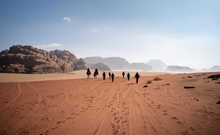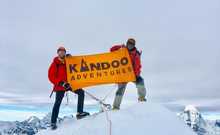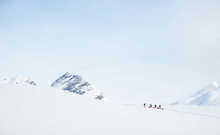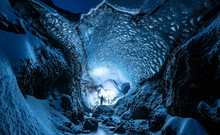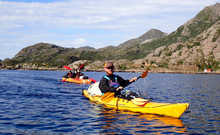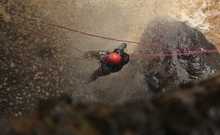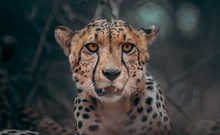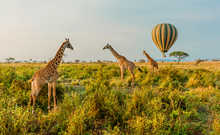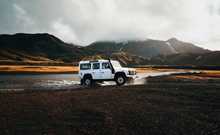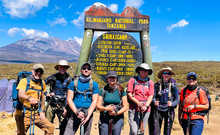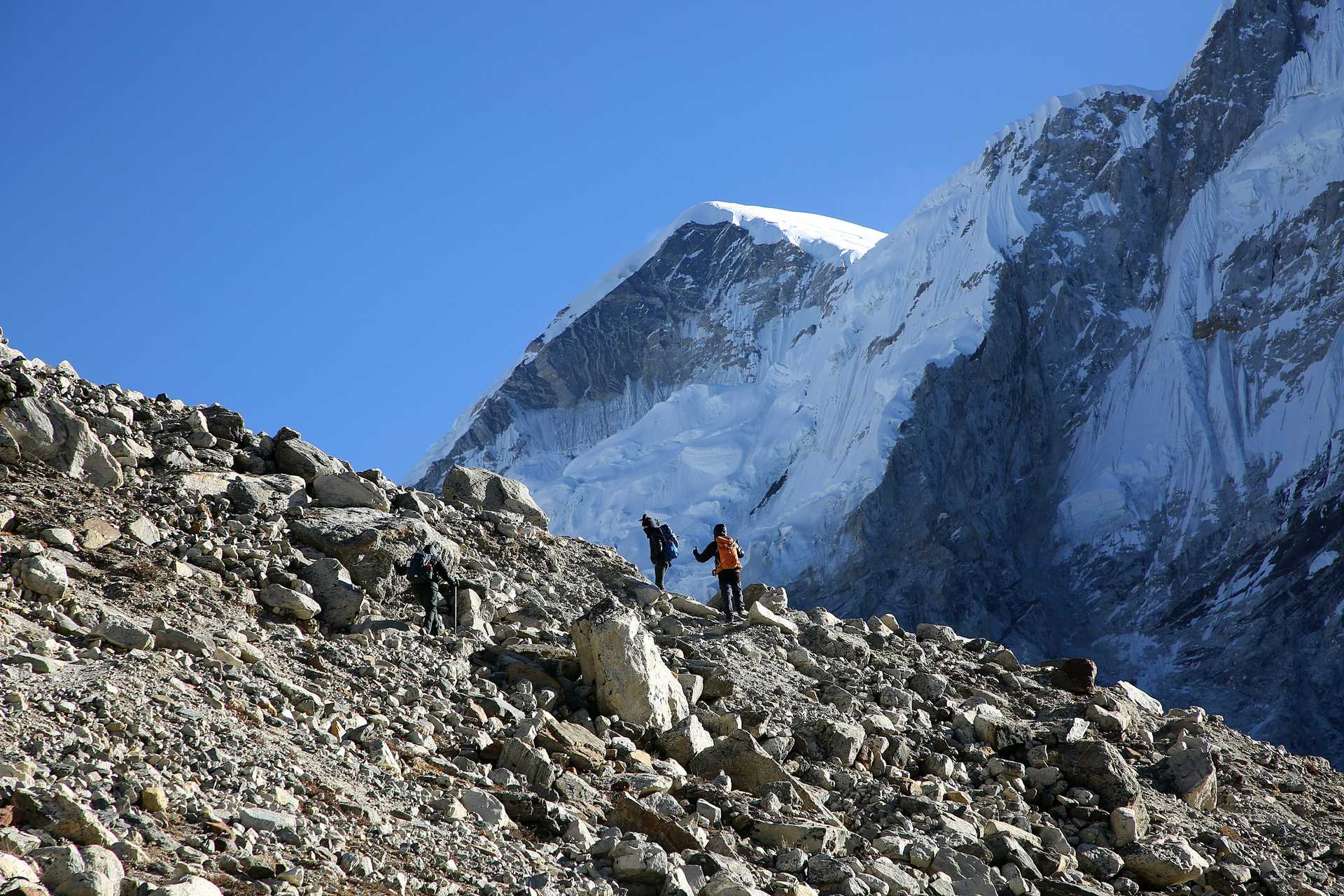When to visit Nepal
Deciding when to trek in Nepal will depend on your
preferred destination, activity, budget and personal preferences. There is a
main wet season in Nepal from late May through to early Sept, with the worst
monsoons in July and August.
Peak seasons
February - May
February to May is the most popular time to trek the
Himalayas because of the clear, bright days that appear around this time of
year. Just coming out of winter you can still expect the occasional short rain shower,
but most days will be fairly stable and dry. Expect this period to be busy in
the Everest and Everest Base Camp region, as this is the time of year
when most Everest summit attempts occur. Despite the hoards, this is a great
time to meet people attempting the summit and to experience the activity and
buzz surrounding the other climbing expeditions around you.
Look out for the spectacular Rhododendrons on display during
April!
September - October
September to October is also a popular time of year for
trekkers as it provides stable and clear weather. The huge bonus of trekking in
autumn is most treks offer stunning vistas which, on a clear day, are simply
spectacular. Although not the warmest time of the year, this season provides a
pleasant temperature for trekking and the nights do not get super cold like
they do in winter. You will have to contend with a fair amount of traffic, as
the popular routes still get very busy around this time.
Off peak seasons
November - January
November through to January is the coldest period on the
Nepalese calendar, however, for intrepid travellers out there, it can still be an
enjoyable time to trek Nepal. Although very cold, the weather is generally
stable and dry. The coolness of the weather will very much depend upon how high
you want to trek. If you are going to Everest Base Camp, expect overnight
temperatures of around -20 to -30 degrees Celsius. However, if you stay down in
the valleys, such as around Poon Hill, the temperatures will remain
moderate and, if you're the hardy type, you will have no problems. Although far
less crowded, remember that many of the popular routes are closed during this
period and the daylight hours will be much shorter.
June - August
June through to August is the wettest period in the
Himalayas thanks to the monsoon season. Brought on by the warm, moist air
coming off the Indian Ocean, the monsoon period is characterized by short,
sharp downpours. The tea houses and trails begin to empty out in June and only
the hikers looking to trek high altitudes are seen during these months. Even if
you are trekking higher in the mountains you will get rain, particularly in wet
regions like Everest. Not many foreign trekkers hike during the monsoon
period as mud, rain, leeches and a lack of mountain views, put most hikers off.
Although not the best time to trek in Nepal, if this is the only period you can
go then we would suggest trekking in one of the rain-shadow areas like
the Annapurna’s where it remains slightly drier during this
period.
Our advice
Whilst it's possible to trek all year-round in Nepal,
the best time to trek in Nepal is in the peak seasons as they are warmer, have
safer conditions and provide the best opportunity for clear views of the
stunning surrounding natural landscapes.
If you don't like the thought of the crowds, then we would
suggest taking other less-trodden routes or visiting just outside of the main
seasons. The routes will be less busy, and you should still be able to take
advantage of the drier months and cheaper flights.
Most tour companies will not trek during the off-peak seasons,
as adventure specialists such as Kandoo Adventures will want you to have
the best possible, and safest experience of the incredible Himalayas. The team
at Kandoo we can arrange private treks during the off-peak seasons for intrepid
hikers but would advise only experienced trekkers to trek Nepal during the
winter period as the temperatures get very low and many routes will be snow
covered and consequently much more technical.
For more information on when the best time to visit Nepal
is, check out our Nepal
Travel Guide or Mountain IQ’s informative Nepal
trekking guide.
